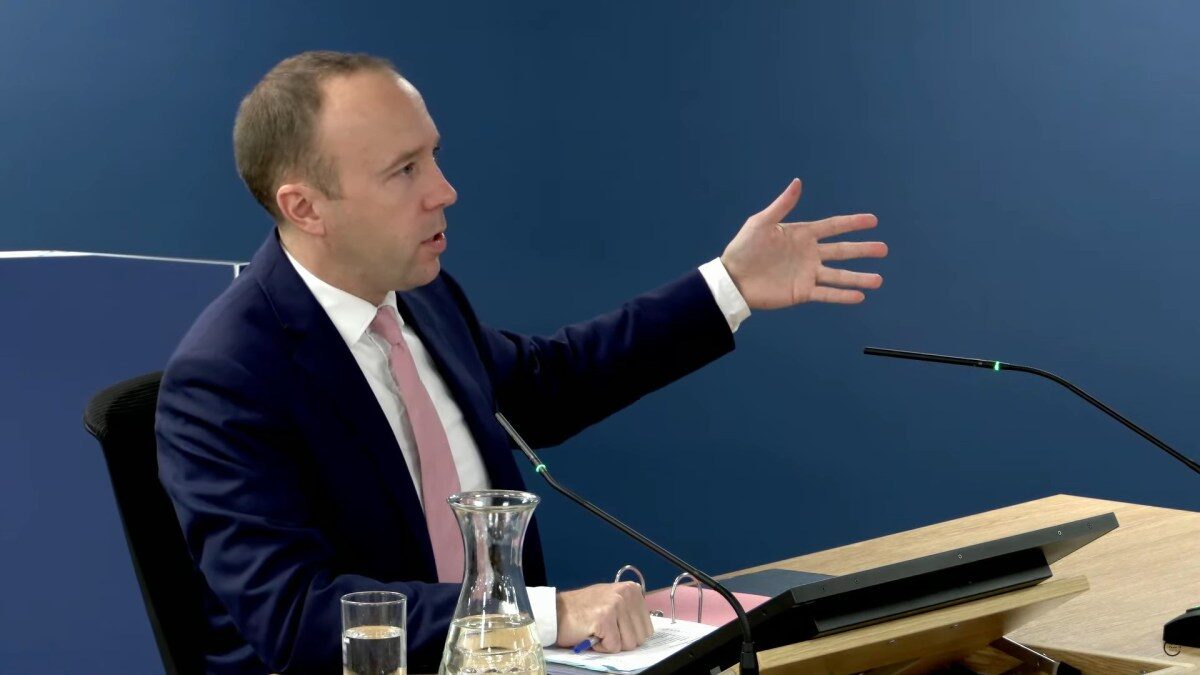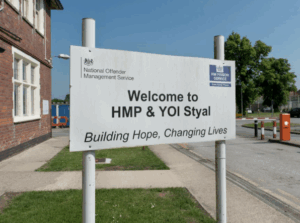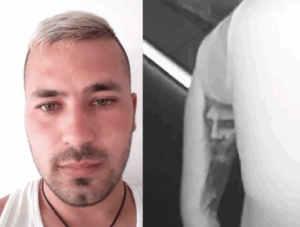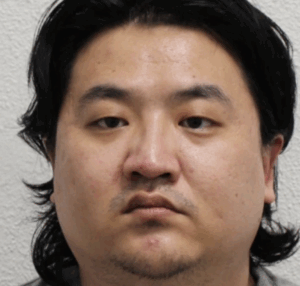Former UK Health Secretary, Matt Hancock, appeared before the UK Covid inquiry to provide evidence regarding decision-making during the pandemic. In his testimony, Hancock admitted that, in hindsight, the government could and should have implemented a lockdown three weeks earlier than it did on March 23, 2020.
During the inquiry, Hancock denied allegations made by other witnesses that he had lied to colleagues, referring to them as “false allegations” without any substantiated proof. Defending his department against criticism from previous witnesses, the former health secretary stated his position and provided his perspective.
Notably, Hancock used his appearance at the inquiry to level accusations against Dominic Cummings, former aide to Prime Minister Boris Johnson. He claimed that Cummings had sought to seize power during the pandemic, bypassing the government’s emergency response system and aiming to centralise decision-making under his office’s control.
Highlighting the urgency of the situation, Hancock reiterated that the UK should have implemented a lockdown three weeks earlier, asserting that such a decision could have potentially saved thousands of lives. He also discussed his efforts to raise awareness within Whitehall about the threat posed by Covid in the early months of 2020.
Looking to the future, Hancock stressed the need for a more robust testing system to better prepare for potential future pandemics. He also revealed that he had not received advance notice of the Eat Out to Help Out scheme, which was launched by then-Chancellor Rishi Sunak during the summer of 2020.
Lastly, Hancock expressed his opposition to the idea of a “circuit breaker” lockdown as Covid cases rose in the autumn of 2020, indicating his diff





































